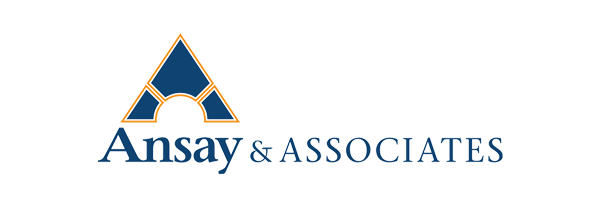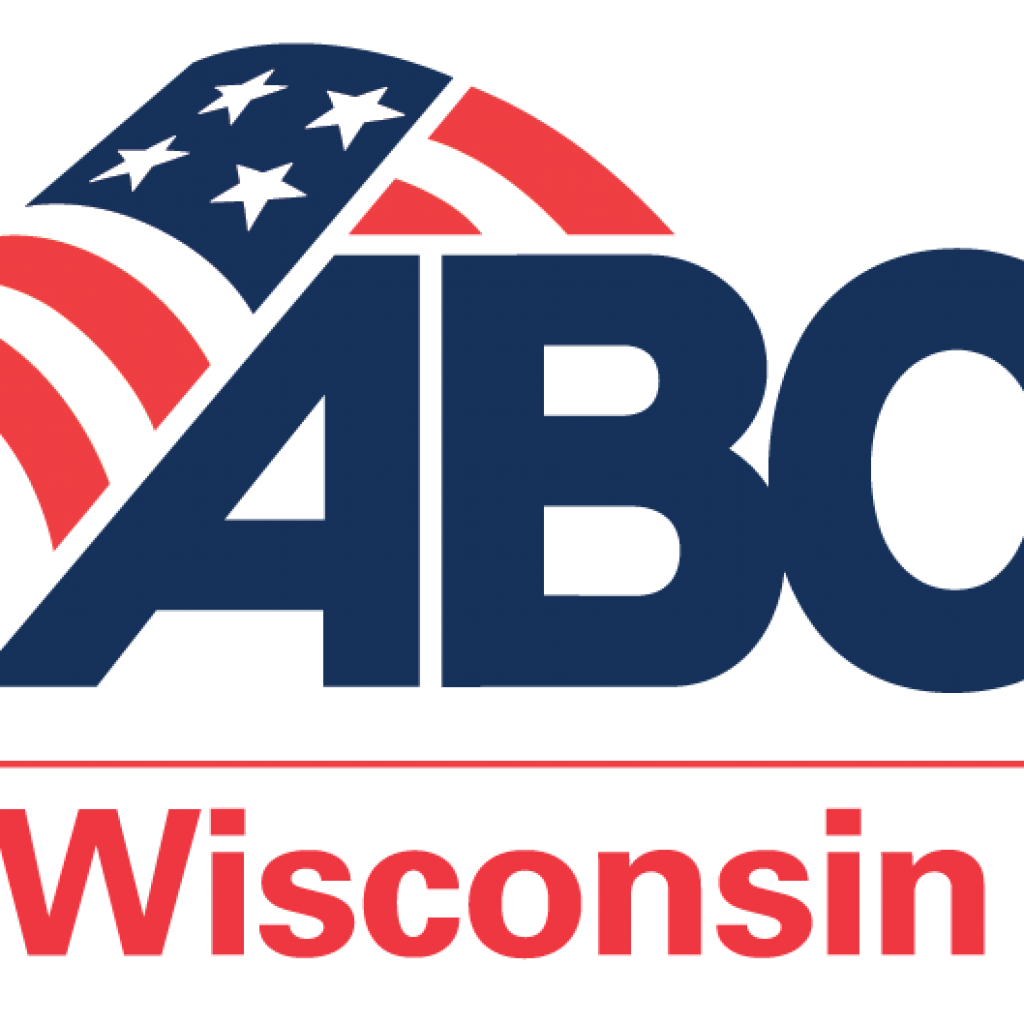From John Schulze, ABC of Wisconsin Director of Legal and Government Relations
After a week of negotiations, the Legislature and Governor Evers passed into law Wisconsin’s COVID-19 response package with near unanimous support. While saying that the package falls short of what he believes is needed, Governor Evers signed the legislation into law within hours of it clearing the Legislature. Highlights of the legislation:
- Suspends one-week waiting period before those laid off can begin collecting unemployment insurance benefits. DWD, to the extent permitted under federal law, will seek to seek advances to the state’s UI trust fund from the federal government so as to allow Schedule D, the lowest unemployment tax rate schedule, to remain in effect through the end of calendar year 2021.
- Provide that if unemployed insurance claim is related COVID-19, it will not be charged to an employer’s UI account as normally provided. Instead, UI benefits for those weeks would be charged to either: (a) the balancing account of the UI trust fund for contribution employers; or (b) DWD’s existing interest and penalties account for reimbursable employers that are not subject to contribution requirements.
- Temporarily suspend certain requirements of voluntary work-share plans submitted by employers. Specify that, during COVID-19:
- work-share plans must cover at least two positions that are filled on the effective date of the work-share program, rather than at least the greater of 20 positions or 10% of employees in a work unit under current law;
- the maximum reduction in working hours under a work-share program may be either 60% of the normal hours per week of the employees included under a work-share plan, or any other maximum provided by federal law, whichever is greater, rather than the 50% reduction provided under current law;
- work-share plans may cover any employees of the employer; rather than be limited to a particular work unit of the employer as provided in current law, and;
- reduced working hours need not be apportioned equitably among employees in the work-share program.
- Prohibits retail establishments from accepting the return of fresh or packaged food, cleaning supplies, personal care products or paper products
- Exempt manufacturers, distributors and retailers of PPE from civil liability for death or injury caused by their donations or sales of personal protection equipment during the current health emergency.
- Prohibits certain insurers from prohibiting coverage based on a COVID-19 diagnosis or requiring cost sharing for COVID-19 testing.
- Eases licensing and credentialing process for health care workers, including allowing former providers and those from outside Wisconsin to get temporary credentials and reducing nurse training hour requirements.
- Makes health care providers immune from civil liability from services provided during the pandemic.
- Makes the state eligible for an additional $150 million in federal Medicaid funding for each quarter for the duration of the pandemic.
- Expands the SeniorCare prescription drug assistance program to include coverage of recommended vaccinations.
- Injury to a first responder found to be caused by COVID-19 is presumed to be caused by the individual’s employment.
- Codify state tax law with federal COVID-19 changes for (a) special rules for use of retirement funds; (b) partial deduction for charitable contributions; (c) suspension of limitation on certain charitable contributions; (d) telehealth services for high deductible health plans; (e) additional qualified expenses for health savings accounts; (f) payroll protection loan forgiveness exclusion; (g) exclusion for certain employer payments of student loans; and (h) depreciation of qualified improvement property. It should be noted that if the bill did not amend state law to conform with the provision described under “f”, state taxes on businesses receiving loan forgiveness would be estimated higher by $114.0 million in 2019-20, $102.0 million in 2020-21, $11.0 million in 2021-22, and a minimal amount thereafter.












